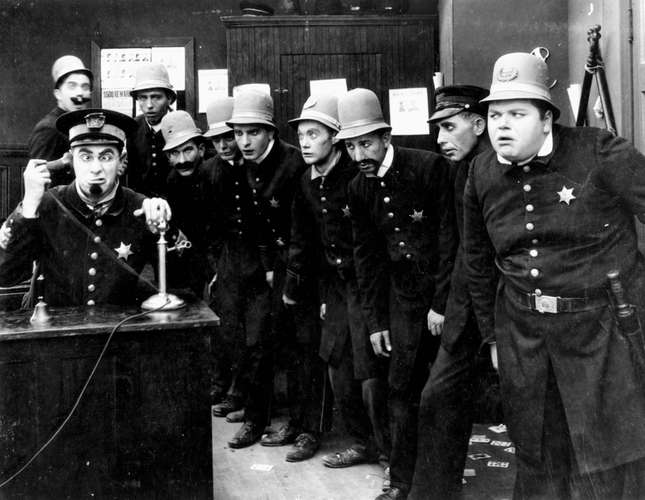What exactly is black and white thinking? I read through a few past threads about it this morning, and a lot of people think it's synonymous with "holding strong opinions from which I will not budge." According to what I've read elsewhere, this isn't actually what it means. Kind of, sometimes...but not exactly. It's more immediate and impulsive and seems to me to be the result of logical thinking twisted in a strangely irrational and oftentimes emotional way.
Examples:
-You and a friend get into a disagreement, and you think it means that the friendship is over.
-You get a 98% on a test, but you believe you failed because you either get 100% or you fail.
-You abandon a hobby because of one perceived failure.
-You stop reading a book because there is one thing you don't like about the main character, so you assume that you can't relate to her at all.
So maybe black and white thinking is about attempting to apply logic to situations that can't be evaluated logically because they deal with complex behavior, situations, and/or emotions? In other words, black and white thinking may be logical (albeit in a weak, stitched-together way) but not rational. There seems to be an emotional element in there sometimes, too, i.e. a person has a negative emotional reaction to something but may not understand his own emotions (autism) and so attempts to interpret the emotion through a "yes or no, this or that" logical lense?
What does everyone think? This stuff gets so confusing. One minute I think I understand it, and the next I'm back to "wait,...what?" again.
Examples:
-You and a friend get into a disagreement, and you think it means that the friendship is over.
-You get a 98% on a test, but you believe you failed because you either get 100% or you fail.
-You abandon a hobby because of one perceived failure.
-You stop reading a book because there is one thing you don't like about the main character, so you assume that you can't relate to her at all.
So maybe black and white thinking is about attempting to apply logic to situations that can't be evaluated logically because they deal with complex behavior, situations, and/or emotions? In other words, black and white thinking may be logical (albeit in a weak, stitched-together way) but not rational. There seems to be an emotional element in there sometimes, too, i.e. a person has a negative emotional reaction to something but may not understand his own emotions (autism) and so attempts to interpret the emotion through a "yes or no, this or that" logical lense?
What does everyone think? This stuff gets so confusing. One minute I think I understand it, and the next I'm back to "wait,...what?" again.


